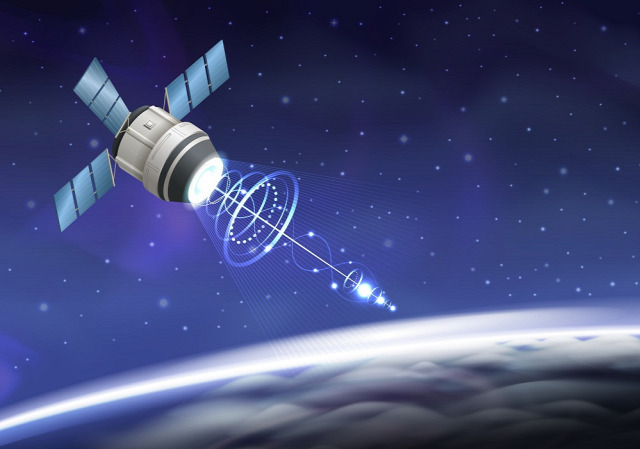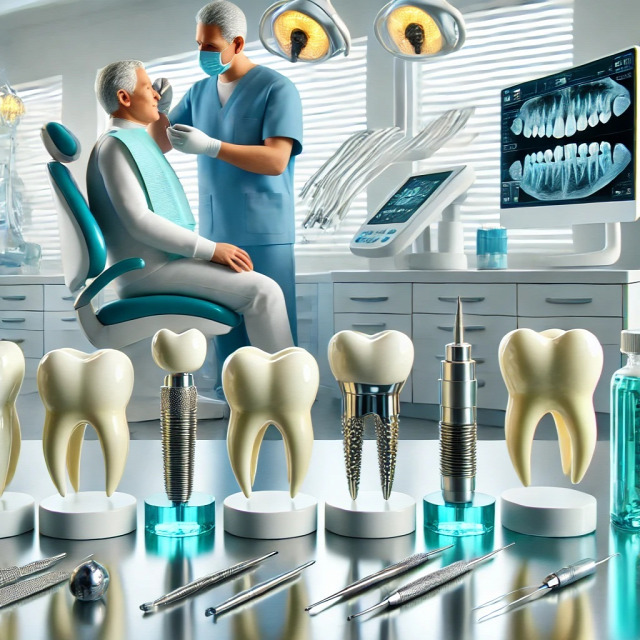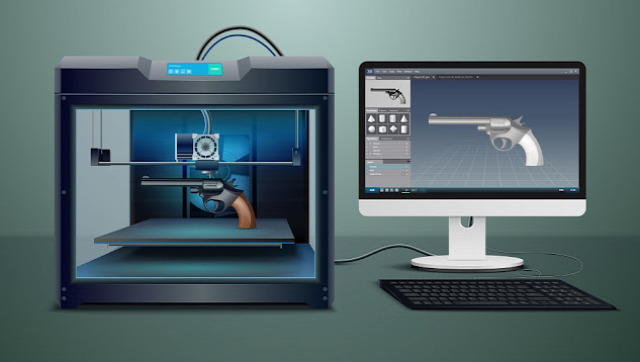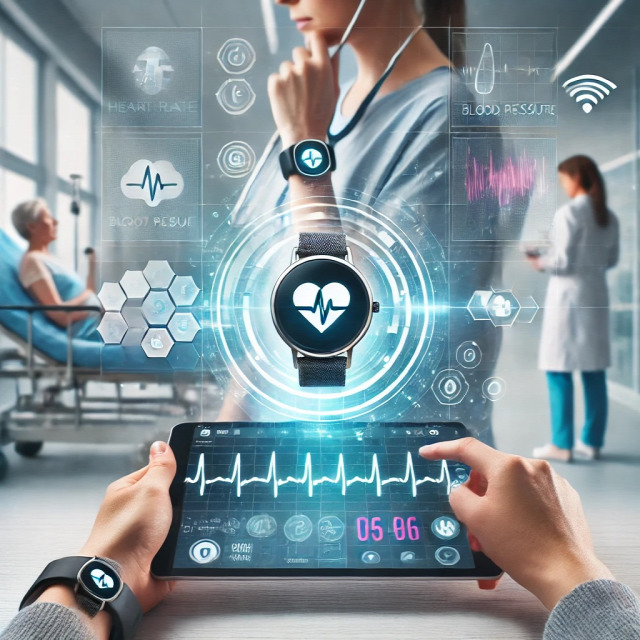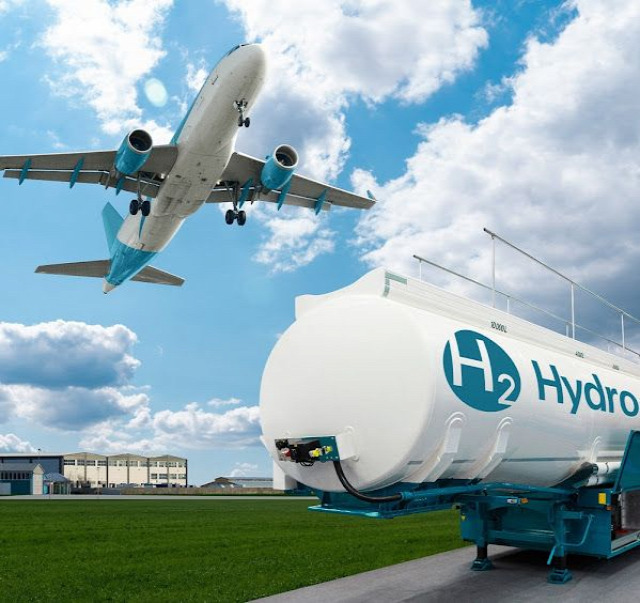
The aviation industry, historically known for its substantial carbon footprint, is undergoing a transformative shift towards sustainability. Central to this change is the emerging market for Sustainable Aviation Fuel (SAF), a cleaner alternative to traditional jet fuels. As the world grapples with the challenges of climate change, SAF offers a promising solution to reduce aviation's environmental impact. The global sustainable aviation fuel market is estimated to reach $131.12 billion in 2033 from $0.66 billion in 2022, at a growth rate of 58.78% during the forecast period 2023-2033.
What is Sustainable Aviation Fuel?
Sustainable Aviation Fuel is a type of biofuel specifically designed for use in aircraft. It is produced from renewable resources such as waste oils, agricultural residues, and even municipal solid waste. Unlike conventional jet fuel derived from crude oil, SAF significantly reduces greenhouse gas emissions over its lifecycle, making it a crucial component in the aviation industry's efforts to achieve carbon neutrality.
Sustainable Aviation Fuel Market by Application
-
Commercial Aviation
-
Business and General Aviation
-
Military Aviation
-
Unmanned Aerial Vehicle (UAV)
Sustainable Aviation Fuel Market Growth Drivers:
-
Environmental Regulations: Increasingly stringent environmental regulations and policies aimed at reducing carbon emissions are major drivers for the SAF market. Governments worldwide are implementing mandates and incentives to promote the adoption of cleaner fuels.
-
Airline Commitments: Many airlines have set ambitious targets to achieve net-zero emissions by 2050. Major carriers such as Delta, United, and British Airways are investing heavily in SAF to meet these goals, often partnering with fuel producers to secure long-term supply agreements.
-
Technological Advancements: Innovations in biofuel production technologies are enhancing the efficiency and cost-effectiveness of SAF. Advances in feedstock processing and refining techniques are crucial for scaling up production to meet growing demand.
-
Consumer Demand: Increasing awareness among consumers about the environmental impact of air travel is driving demand for greener alternatives. Passengers are more likely to choose airlines that prioritize sustainability, thus incentivizing carriers to adopt SAF.
Request A Detailed Free Sample on Sustainable Aviation Fuel Market!
Sustainable Aviation Fuel Market Challenges:
-
High Production Costs: Currently, the production cost of SAF is higher than conventional jet fuel. This cost disparity poses a significant barrier to widespread adoption, though it is expected to decrease as technologies mature and economies of scale are achieved.
-
Feedstock Availability: The availability of sustainable feedstocks is a critical factor. Competition for these resources from other industries, such as bioenergy and agriculture, can limit supply and drive up prices.
-
Infrastructure Development: The existing fuel supply infrastructure needs to be adapted to handle SAF. Investments are required in refining, transportation, and storage facilities to ensure a seamless supply chain.
North America to Dominate Global Sustainable Aviation Fuel Market (by Region)
In 2022, North America dominated the global sustainable aviation fuel market with a 48.09% share. This leadership is attributed to the presence of numerous companies in the region. The market growth in North America is propelled by various initiatives in the U.S. and Canada, along with increased investments from commercial entities like Aemetis, Inc., Alder Fuels, Gevo, Inc., Fulcrum BioEnergy, Inc., and key government agencies.
Future Outlook
The future of the Sustainable Aviation Fuel market looks promising. With global air traffic expected to double by 2040, the demand for sustainable fuels will only increase. Continued investment in research and development, supportive government policies, and collaboration between airlines, fuel producers, and technology developers will be crucial to overcoming current challenges.
Moreover, achieving cost parity with conventional jet fuel remains a critical milestone. As production scales up and technological advancements continue, the cost of SAF is expected to decrease, making it a more viable option for airlines worldwide.
Some of the Key Players in Sustainable Aviation Fuel Market
-
Aemetis, Inc.
-
BP p.l.c.
-
Shell
-
Neste
-
Gevo, Inc.
-
SkyNRG
-
Velocys plc
-
TotalEnergies
-
Fulcrum BioEnergy, Inc.
Conclusion
The Sustainable Aviation Fuel market represents a pivotal element in the aviation industry's transition to sustainability. While challenges remain, the collective efforts of stakeholders across the value chain are driving significant progress. By embracing SAF, the aviation industry can reduce its carbon footprint, contribute to global climate goals, and ensure a sustainable future for air travel.


